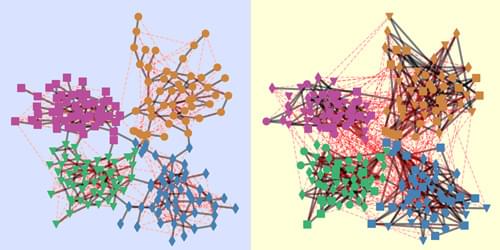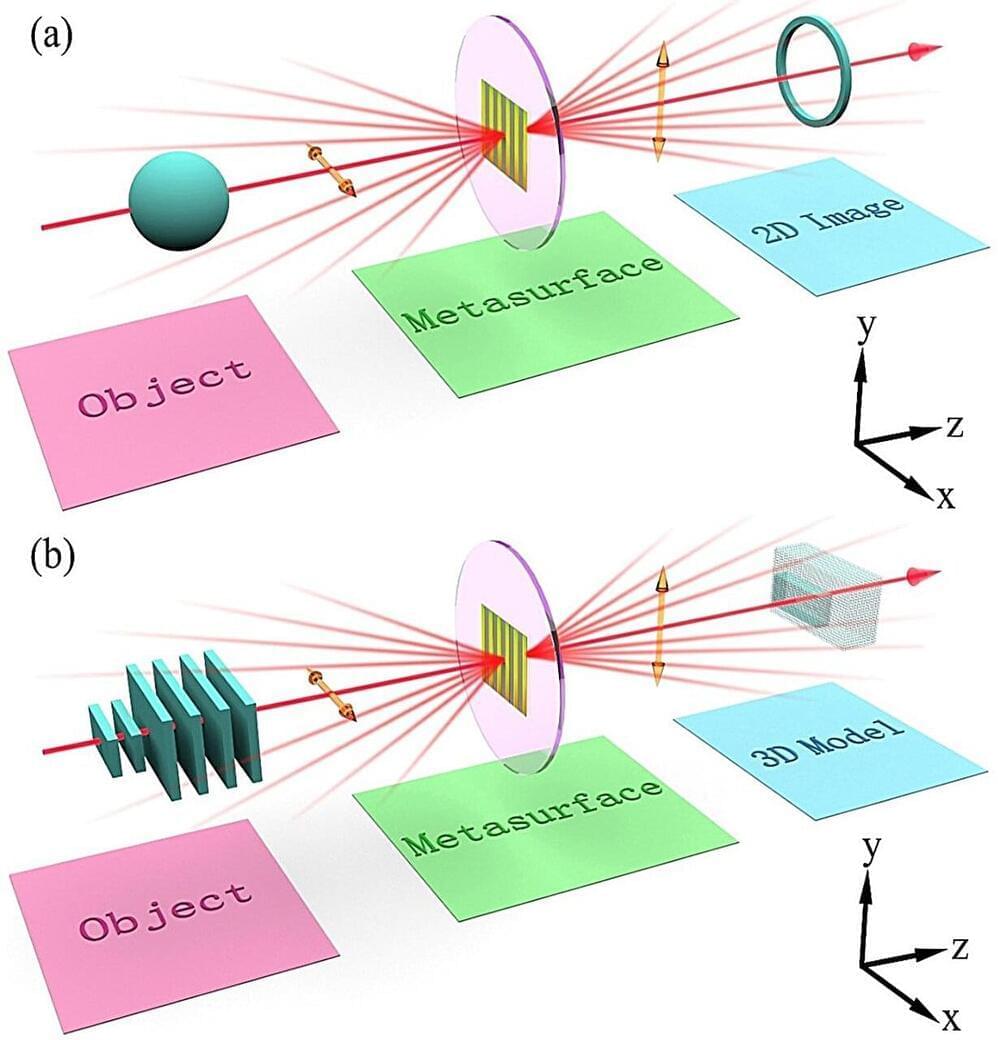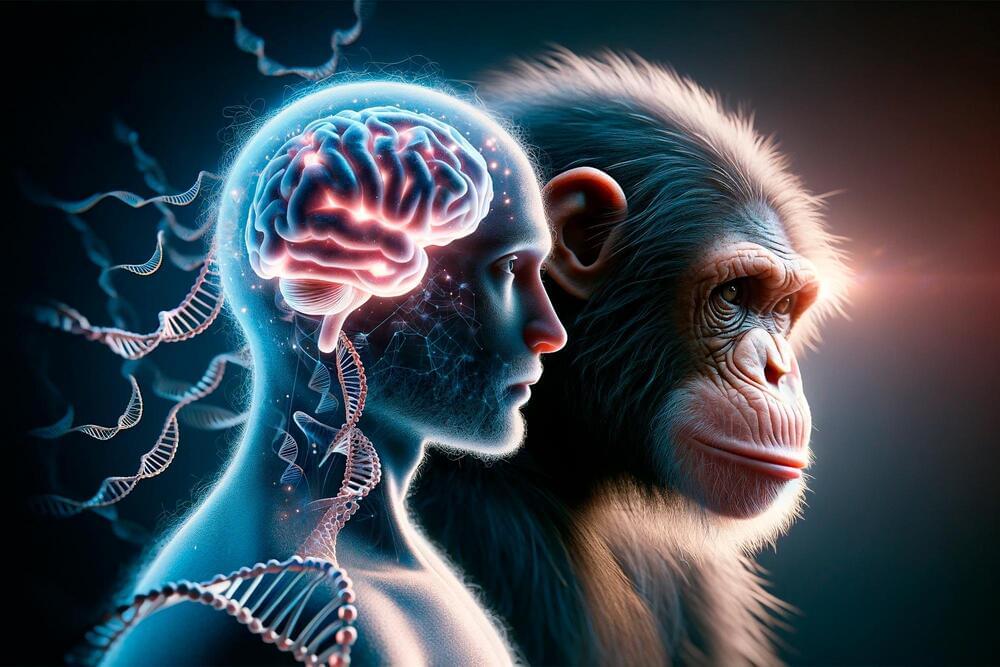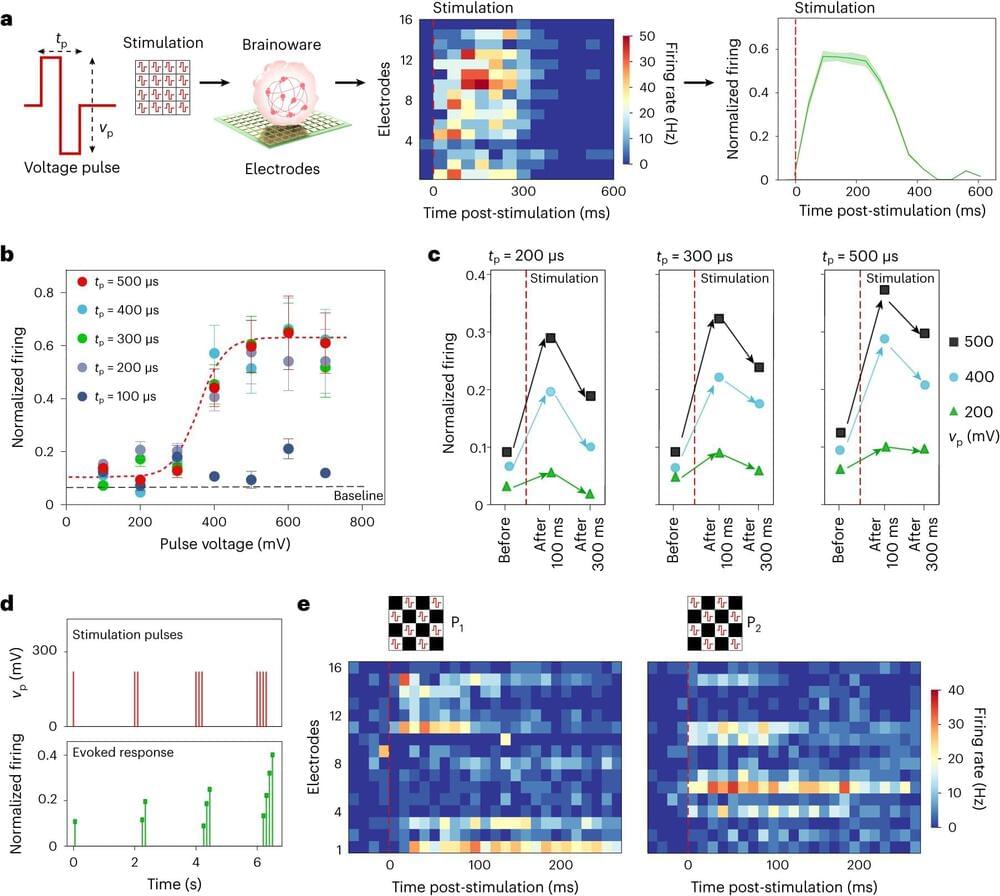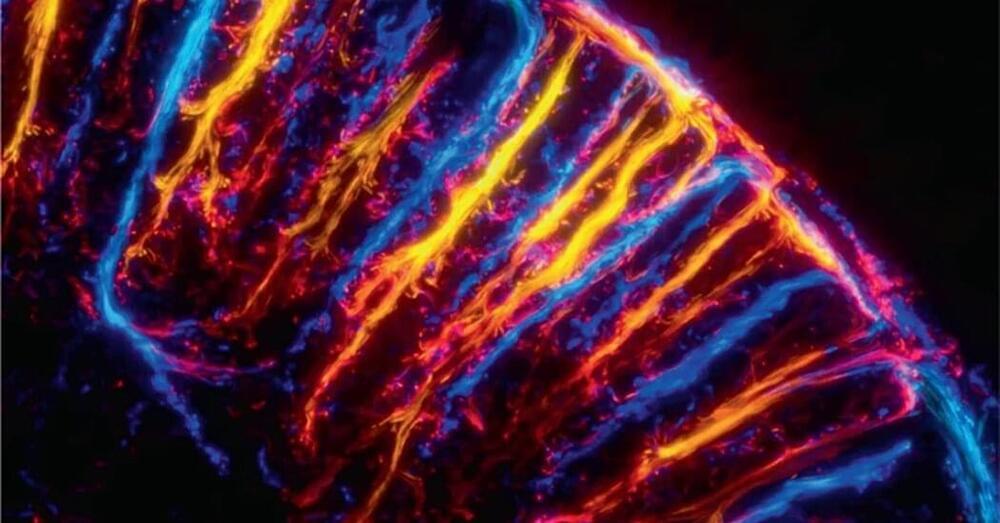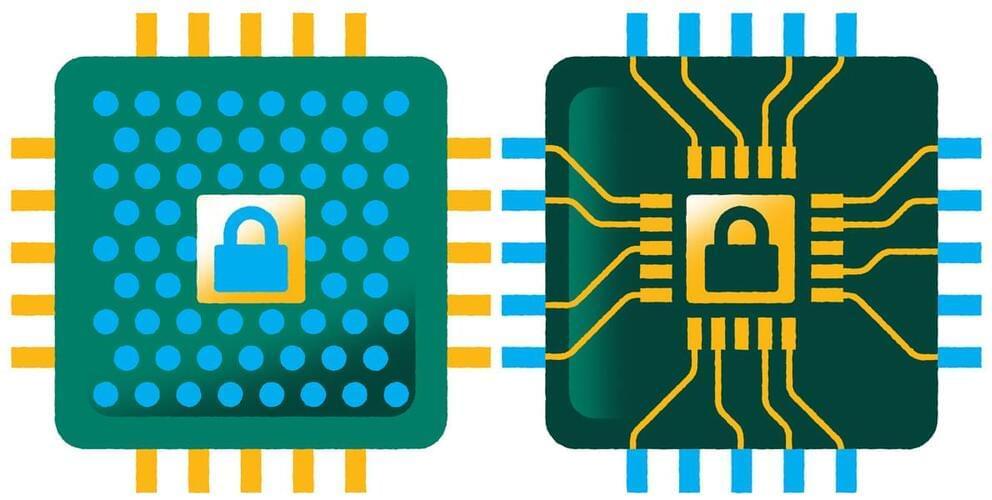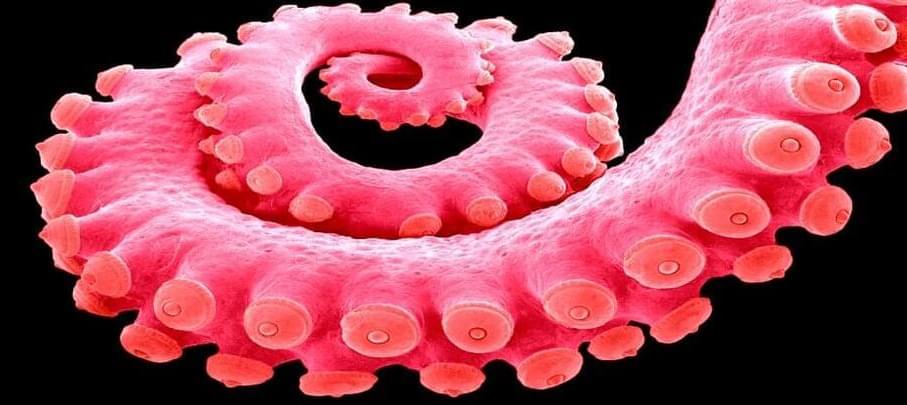Dec 24, 2023
Looking At CRISPR Therapeutics’s Recent Unusual Options Activity
Posted by Paul Battista in categories: biotech/medical, electronics
Deep-pocketed investors have adopted a bearish approach towards CRISPR Therapeutics CRSP, and it’s something market players shouldn’t ignore. Our tracking of public options records at Benzinga unveiled this significant move today. The identity of these investors remains unknown, but such a substantial move in CRSP usually suggests something big is about to happen.
We gleaned this information from our observations today when Benzinga’s options scanner highlighted 11 extraordinary options activities for CRISPR Therapeutics. This level of activity is out of the ordinary.
The general mood among these heavyweight investors is divided, with 45% leaning bullish and 54% bearish. Among these notable options, 2 are puts, totaling $98,000, and 9 are calls, amounting to $744,659.

